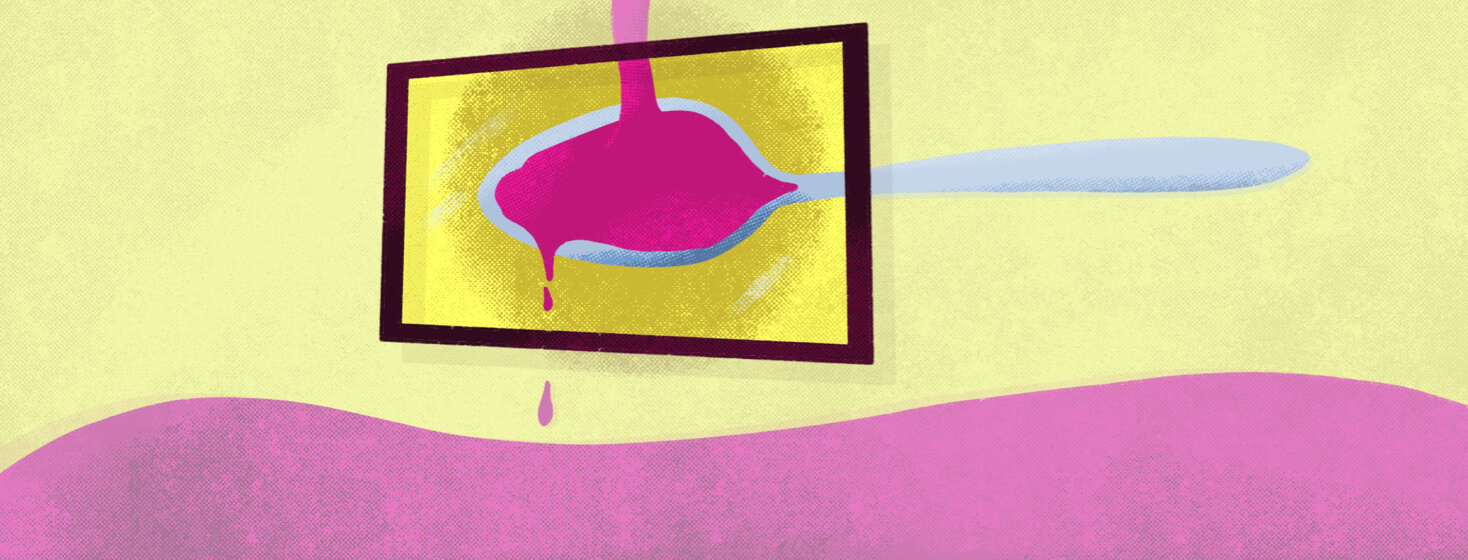Narcolepsy Is More Than Just Excessive Daytime Sleepiness
Excessive daytime sleepiness is the big picture; however, narcolepsy can affect much more. Whenever I tell someone I have narcolepsy, they seem only to grasp the excessive daytime sleepiness part.
People may ask one or two questions: “You are kidding, right?" followed by, “So you can fall asleep right now?"
Here are some ways that narcolepsy affects my life in ways that are not so straightforward.
Impacts on memory and focus
Narcolepsy affects my memory. My mom was the first to notice the change in my ability to remember things.
This or That
Does narcolepsy impact your memory?
I was in the 10th grade and had to memorize a poem for class. After working on it for over a week, I still struggled to recite the poem all the way through. I could say it perfectly, but the poem took much longer to repeat at times of sleepiness.
Over the years, I noticed another situation happening during conversation while tired. When fully immersed in a conversation, my responses became slower and tended not to make sense. After getting off the phone, I had to call back and ask if they could repeat the conversation because I had only grasped specific points of the last discussion.
Once while talking late at night on the phone, an activity I wouldn’t recommend for a person with narcolepsy, I blurted out something I was thinking about that had nothing to do with the conversation. I was so embarrassed, but luckily we could laugh it off and call it a night.
Negative thoughts and emotions, poor motivation
Narcolepsy affects my mood and motivation. When anyone, not just a person with narcolepsy, experiences a lack of sleep, they become irritable and emotional. I often react to things like a toddler who hasn’t had a nap. I become frustrated, annoyed, and hostile during these times.
Fortunately, as an adult, I can self-reflect on my emotions. If I find myself getting unreasonably emotional, I think, “Am I tired, or is this a reaction to my circumstances?” Negative and dramatic thoughts like “This is impossible” or “I can never do anything right” indicate that excessive daytime sleepiness is kicking in.
This negative thinking often affects my motivation to complete time-consuming tasks and causes me to give up on things. My only cure thus far has been self-reflection and naps.
Narcolepsy affects my social life
In high school and the beginning years of college, I was involved in everything; student councils, sororities, athletics, and dance clubs. You name it.
Once my condition began to deteriorate, and wakefulness was not very often, it became much harder to want to do all those things. My responses to invitations went from “Of course, I’ll be there,” to “No, I don’t think I can make it.” Having a limited span of wakefulness makes me have to pick and choose between my social life and my career.
In my adult life, my time has been used far more for daily tasks than social activities. An excellent example of the reasoning behind this is the spoon theory. This theory helps explain how much energy a person with narcolepsy has daily in spoons; a person without chronic illness might have many more spoons to complete different tasks daily, whereas someone with narcolepsy has only maybe 20 spoons to devote to these tasks. I secretly am jealous of people without narcolepsy, and I struggle with the fairness of a life of having to pick and choose.
Learning new ways to cope with narcolepsy
As you can see, narcolepsy is much more than just excessive daytime sleepiness. My narcolepsy affects my memory, motivation, and social life. Every day I am learning new ways to cope with these challenges, and so far, I have concluded that more naps and self-reflection have been most helpful in my journey.
What are some other ways that narcolepsy affects your life?

Join the conversation